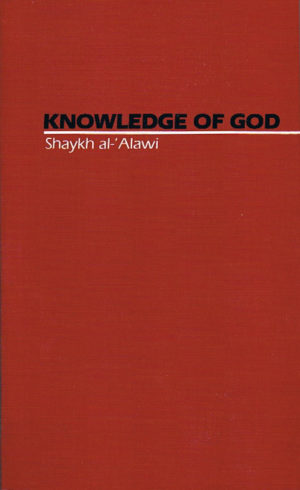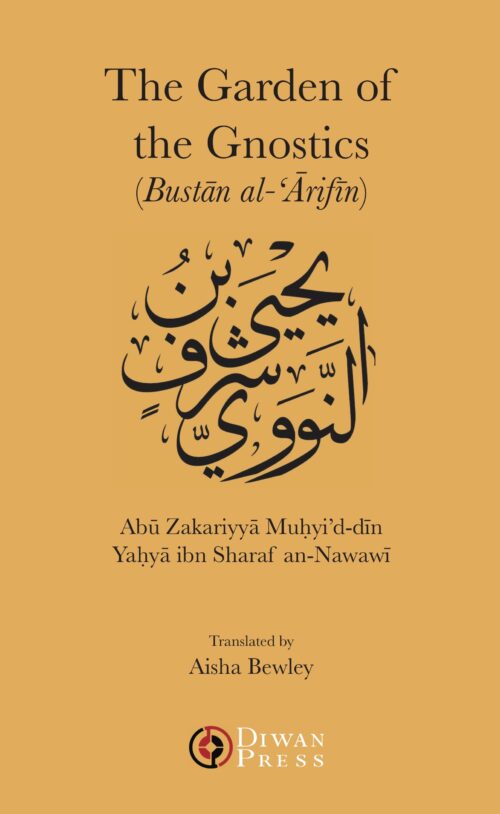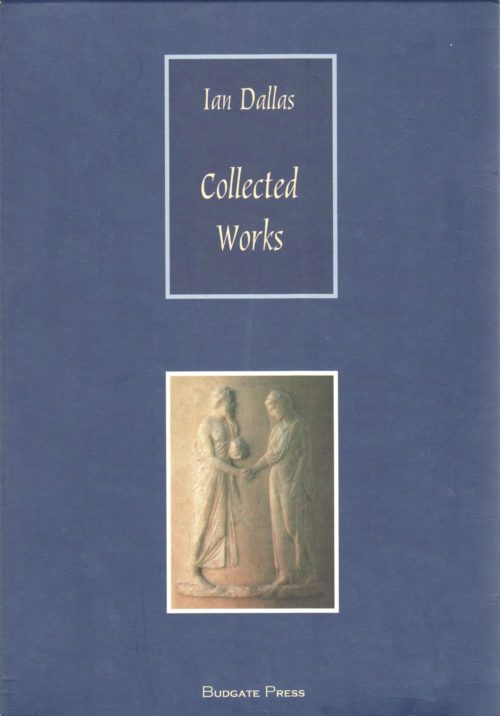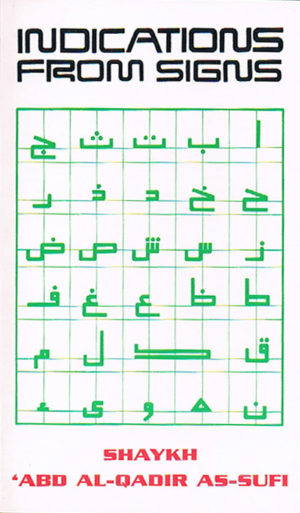Description
“Due to the interregnum, soon, In sha Allah, to be brought to an end, which marks the period from which Islamic governance was interrupted, that is to say in the Mughal and Osmanli Dawlets, we, the Muslim World Community, experience Islam without its utterly necessary dimension of political command. One oddly regrettable result of this has been that we have started to take our Imams as leaders, making them into a priesthood, and allowing them to rule us like a slave population, which having no power over either war or wealth, allow themselves to be commanded in the private matters of births, marriages and deaths.
A result of this is, that in treating the Imam as an Authority, rather than that utterly replaceable figure whose noble task is to lead the salat, the members of the Jama’at have lost that dynamic relationship with the text of the Qur’an on which a vibrant Islamic community has to be founded. In our books of seerat and hadith we find that the Sahaba used to gather after Fajr, and those among them who knew some Qur’an would recite it, after which they would reflect in order to see how they could apply its guidance to the day’s affairs.
It was in that spirit that we decided to hold a series of gatherings in order to give a start to this dynamic relationship between the Jama’at and the Book of Allah. In reviving this Madinan ‘Amal, it was only fitting that we should begin the matter by extracting from the Qur’an itself the clear explications of Allah, glory be to Him, about Himself, that is, the knowledge of Tawhid.”
Shaykh Dr. Abdalqadir Sufi
Shaykh Abdalqadir (born 1930 Ian Dallas in Ayr, Scotland, died 2021 Cape Town, South Africa) was a Shaykh of Tarbiyah (Instruction), leader of the Darqawi-Shadhili-Qadiri Tariqa, founder of the Murabitun World Movement and author of numerous books on Islam, Sufism (Tasawwuf), history and political theory. Born in Scotland, he was a playwright and actor before he accepted Islam in 1967 with the Imam of the Masjid al-Qarawiyyin (Qarawiyyin Mosque) in Fes, Morocco.
He worked in spreading Islam since that time and has students all over the world in both Muslim and non-Muslim lands. His last most signification publications are The Book of Tawhid, The Book of Hubb, The Book of ‘Amal and The Book of Safar, and, as Ian Dallas, Ian Dallas Collected Works, The Time of the Bedouin – on the politics of power, Political Renewal, The Interim is Mine, Engines of the Broken World, and The Entire City. His commentaries on current events and issues affecting Muslims in different parts of the world can be found on his website.






Reviews
There are no reviews yet.